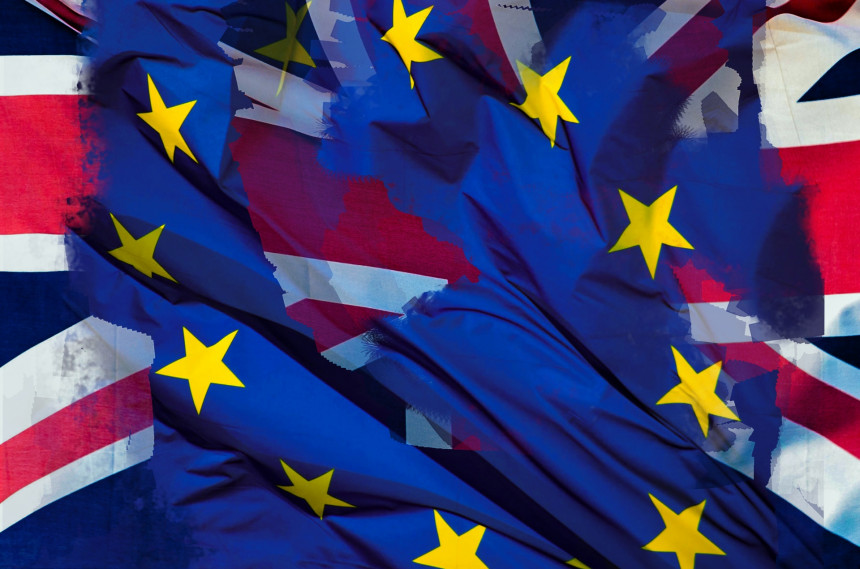
The British referendum is not the end of a process, rather the beginning of a new rethinking. Once the taboo of leaving the Union is broken, the EU should start to re-evaluate the importance and the will to stay. It should rethink the how and the why of this project. It no longer makes sense to continue in a Union with no plan B because the drama of recent years was precisely because the alternative discourse was built only from the Euroscepticism point of view. The EU today is even more cracked than early 2015 when British Prime Minister David Cameron, called the referendum, and the political power of Brussels weakened further.
Now that joining the EU is no longer an irrevocable commitment, it is necessary that those who still believe in a political Europe, not just an economic one, to begin to rebuild the design of a Union that has left citizens at the mercy of the competing interests of member states. But who will rewrite the alternative? Who has this shared plan B, which involves not dismantling the Union? Big money has hijacked the EU political process, and the Brussels institutional triumvirate fails to establish itself as counterweight and the Franco-German axis has returned to count on divergent rhythms and messages in the first post-Brexit meeting.
Paris and Berlin already confronted each other a year ago in another existential referendum, when the Greeks voted overwhelmingly against Alexis Tsipras agreement negotiated in Brussels with international creditors. "No one can ignore the will of a people," Tsipras sentenced one victorious election night, unaware that he would betray that result within days and put his signature to even more severe conditions. Paris and Berlin clashed in the management of that no. What is at stake is not whether Greece will continue or not in the Eurozone -admitted the then French President François Hollande- but "our conception of Europe", the limits to German power to rewrite the Union. That Franco-German divorce was consummated after the referendum in the UK.
The culmination of two decades of campaigning against Brussels
The victory at the Brexit polls is the culmination of two decades of campaigning against Brussels, fuelled by elites educated in private schools, heiresses of Eurosceptic Margaret Thatcher discourse and historical UK aversion to political integration. But Thursday's result is also the fruit of European pride. A Union that despises referenda and the deep unease expressed at the polls and on the street. It is the result of leaders who have prioritized the economy over social justice, who have imposed technocratic governments when considered necessary and who have tolerated populism only if part of their own political family. Some governments have rewritten the idea of transnational solidarity that EU the represents.







